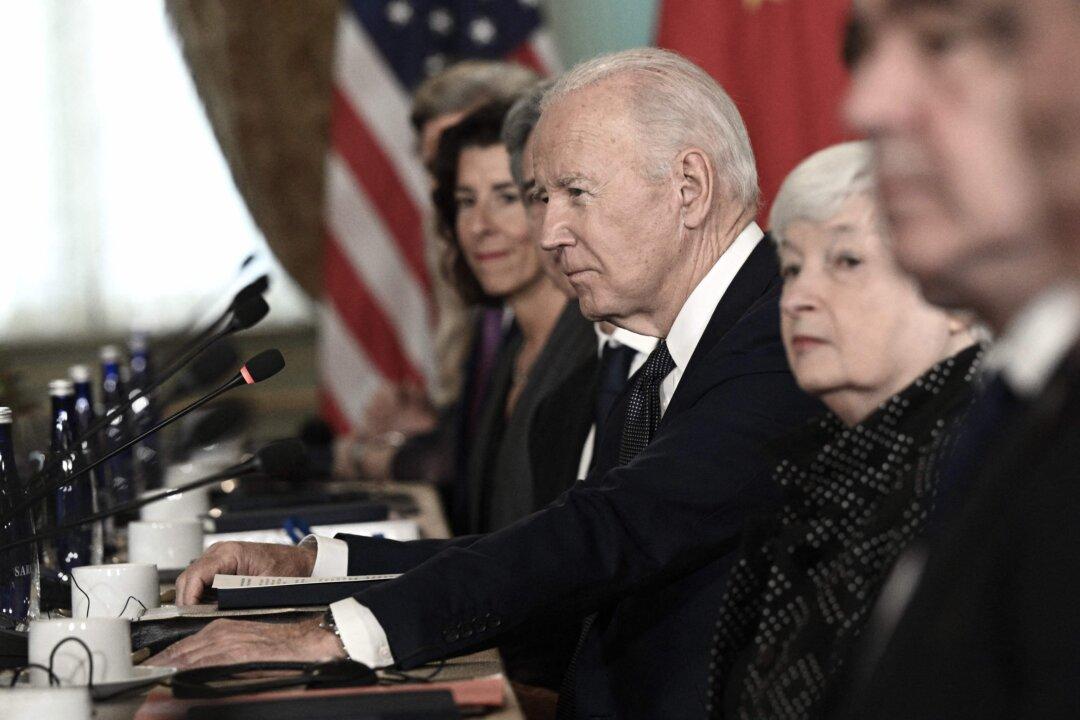President Joe Biden and Chinese leader Xi Jinping agreed to some efforts to warm U.S.–China relations, but foreign policy analysts say the inroads they made were modest and there remains a wide diplomatic gulf between the two nations after last week’s Asia-Pacific Economic Cooperation (APEC) summit.
According to a White House readout of their Nov. 15 meeting, President Biden and Mr. Xi agreed to resume high-level military-to-military communication between their respective countries and new bilateral efforts to combat international drug manufacturing and trafficking.





